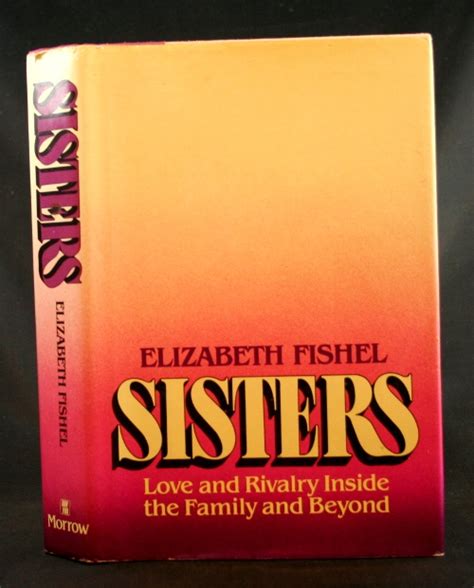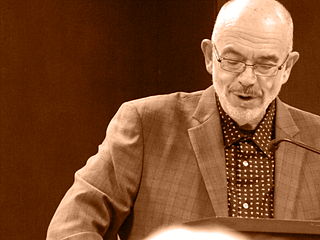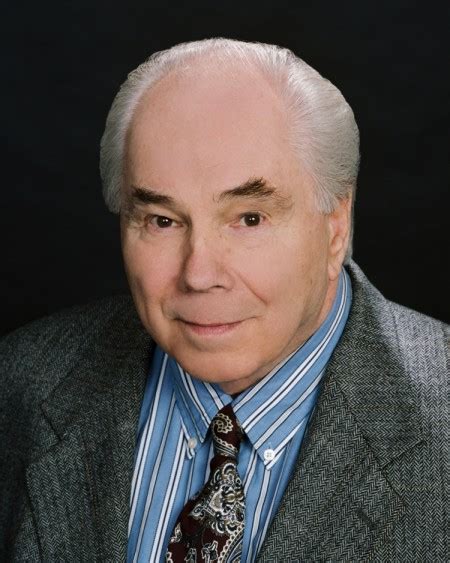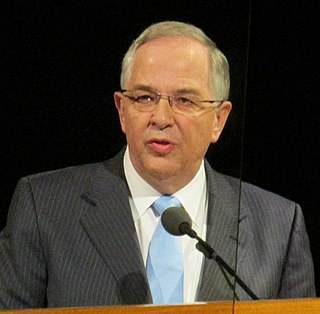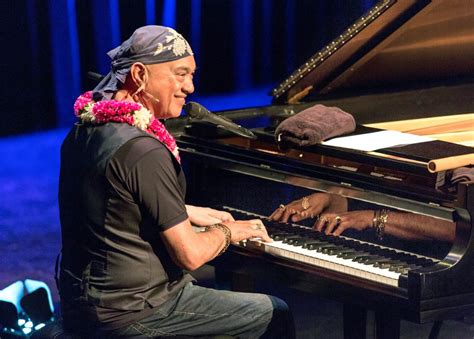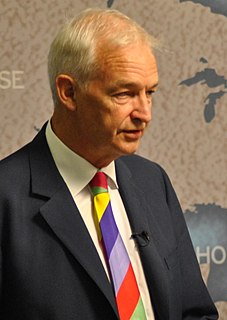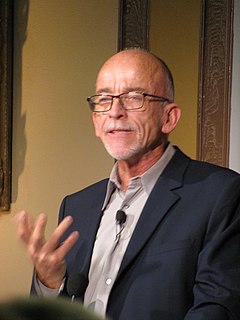A Quote by Elizabeth Fishel
Both within the family and without, our sisters hold up our mirrors: our images of who we are and of who we can dare to be.
Related Quotes
Therefore we pledge to bind
ourselves to one another, to embrace
our lowliest, to keep company with
our loneliest, to educate our illiterate,
to feed our starving, to clothe our
ragged, to do all good things,
knowing that we are more than
keepers of our brothers and sisters.
We are our brothers and sisters
Yet again, an ancient answer echoes across the centuries: Listen! Listen to stories! For what stories do, above all else, is hold up a mirror so that we can see ourselves. Stories are mirrors of human be-ing, reflecting back our very essence. In a story, we come to know precisely the both/and, mixed-upped-ness of our very being. In the mirror of another's story, we can discover our tragedy and our comedy-and therefore our very human-ness, the ambiguity and incongruity, that lie at the core of the human condition.
With the influences of evil that surround our children, can we even imagine sending them out in the morning without kneeling and humbly asking together for the Lord's protection? Or closing the day without kneeling together and acknowledging our accountability before Him and our thankfulness for His blessings? Brothers and sisters, we need to have family prayer.
I don't know whether we think in moving images or whether we think in still images. I have a suspicion that on our hard drive, our series within our brains, [exist] still photographs of very important moments in our lives. ... That we think in terms of still images and that what the photography is doing is making direct contact with the human hard drive and recording for all time a sense of what happened.
We identify the flag with almost everything we hold dear on earth, peace, security, liberty, our family, our friends, our home. . .But when we look at our flag and behold it emblazoned with all our rights we must remember that it is equally a symbol of our duties. Every glory that we associate with it is the result of duty done.
In this choice of inheritance we have given to our frame of polity the image of a relation in blood; binding up the constitution of our country with our dearest domestic ties; adopting our fundamental laws into the bosom of our family affections; keeping inseparable and cherishing with the warmth of all their combined and mutually reflected charities, our state, our hearths, our sepulchres, and our altars.
Here and gone. That’s what it is to be human, I think—to be both someone and no one at once, to hold a particular identity in the world (our names, our place of origins, our family and affectional ties) and to feel that solid set of ties also capable of dissolution, slipping away, as we become moments of attention.
